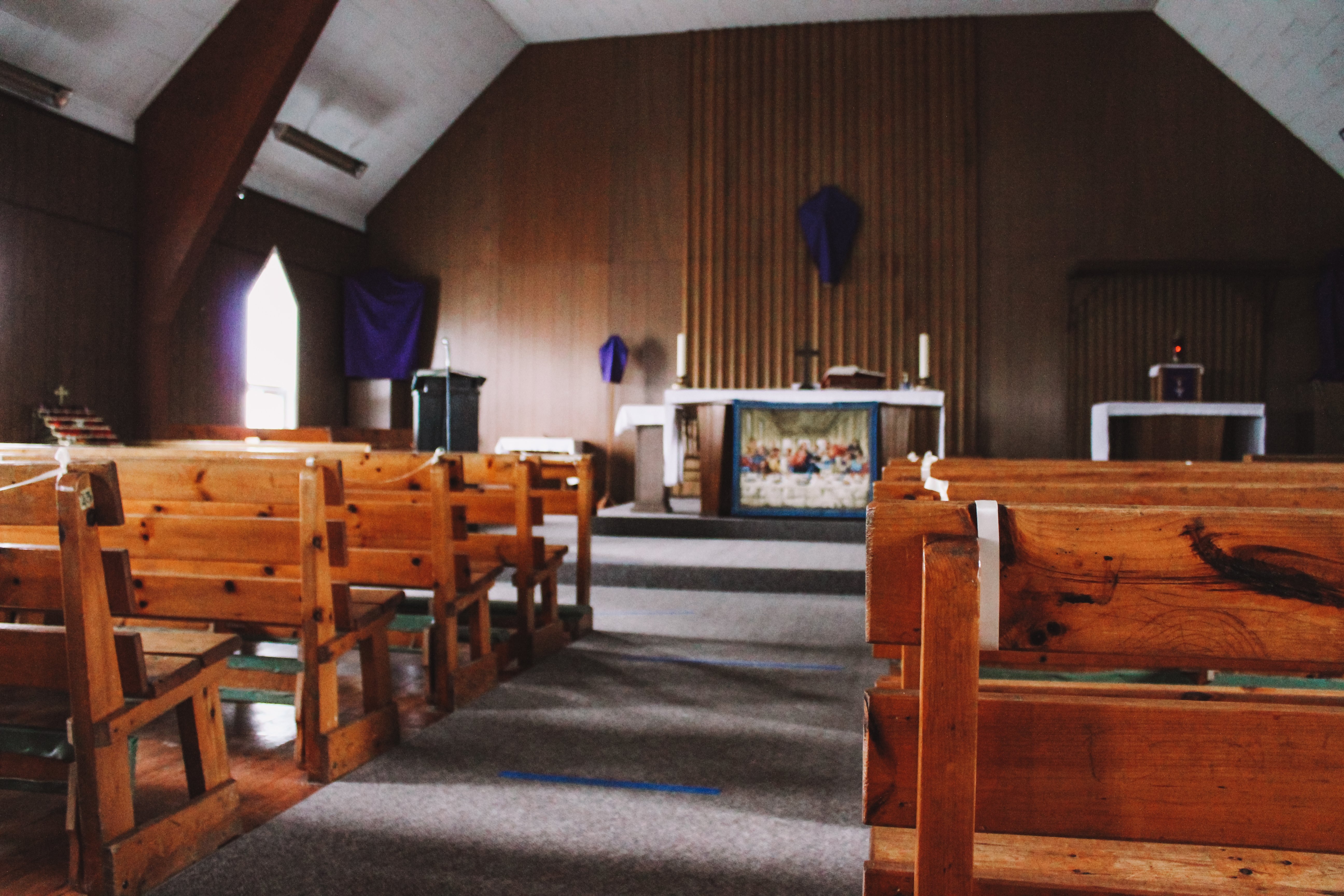
Reflecting on the African Catholic Community in the Archdiocese of Toronto
Fr. Charles Kelechi Egbulefu is a professor at St. Augustine’s Seminary and a contributor to For Love of the Church, a festschrift in honour of Cardinal Thomas Collins, Archbishop of Toronto. Below, Fr. Charles discusses the African Catholic community in the Archdiocese of Toronto and Cardinal Collins’ ministry.
From the perspective of the African community’s eyes of faith, what are the challenges of the ecclesial life and mission in the Archdiocese of Toronto?
Thank you for this opportunity to talk about the African experience during Black History Month.
We, the African brothers and sisters (of all tribes and colours), are grateful to the Archdiocese of Toronto in general for her openness and hospitality. It is a welcoming archdiocese.
The Archdiocese of Toronto is one of the most extensive, predominantly multicultural archdiocese in the Catholic Church in the West. She is united in her diversity. Nevertheless, every given ethnic group has what the French Jesuit theologian Pier Rousselot called “the eyes of faith” and what St. Augustine avowed in his famous maxim as “Habet namquam fides oculos suos” (“faith has its own eyes”). The cultural values naturally have a role to play here.
Nonetheless, it is to be stated right from the beginning that these eyes of faith see challenges and positive maturity. It is not an ‘either-or’ way of seeing. Instead, it is a ‘both-and’ way of seeing. The African people see both maturity and challenges in their ecclesial experience in the Archdiocese of Toronto.
Therefore, responding to the question, the challenges that we see from our eyes of faith are namely: a Catholicism that is emblematic (drive-through in character, school-like); and a worship life here, as a generalization, that can feel cold and very time-based in comparison to the worship life on the Continent of Africa, which is characterized by its warm and a very event-based nature. An in-depth and vivid description of these challenges, and others, can read in my festschrift article in honour of the Archbishop of Toronto, Cardinal Thomas Collins.
How has the growth and maturity of the ecclesial life and mission in the archdiocese benefitted our multicultural community (whether they be from the Nigerian Igbo community, the Ghanaian community, the Swahili community, the Congolese community, the Egyptian Coptic Catholic community or the Eritrean community, to mention a few)?
As stated before, the African people see both maturity and challenges in their ecclesial experience in the Archdiocese of Toronto. I want to mention just a few of the good mature qualities that have benefitted our ethnic communities in general and the African Community in particular: namely, openness and hospitality, structuredness, sacramental record-keeping, simplicity, gentleness, as well as outreach to the spiritually, morally, mentally and materially poor (through St. Vincent the Paul, ShareLife and refugee agencies).
These qualities have led to the existence and establishment of various African ethnic communities in the Archdiocese of Toronto. They have also enabled African communities to be more structural and impactful in their intra- and extra-communitarian missionary activities.
How has Cardinal Collins inspired you personally by his example? Is there a project or initiative happening in the Archdiocese of Toronto that makes you particularly excited for the future of the African community here?
I must begin with stating that the Cardinal is the exact age of my father. Although they were born in different months of the same year and in different countries, they are of the same age. I have been blessed personally by Cardinal Collins with the various missions he has entrusted to me with the confidence of a father since I began serving in the archdiocese: ranging from appointments to assistant priestly-pastoral roles in parishes, priest seminar committee, chaplain of the Igbo Nigerian ethnic community, and professor and formator at St. Augustine’s Seminary of Toronto. I am grateful to him.
His inspiration has been both personal and ministerial. It is personal through his paternal readiness to help and support new religious communities, like the one I belong to (Congregation of Christ the Emmanuel). It is ministerial, as his inspiration reaches not only me but all of us in one way or the other. In this regard, he has inspired many by his continual missionary response to various needs of this vast archdiocese when called upon while also responding to the duties entrusted by Pope Francis to him in the Vatican City. A true man of many capabilities!
I want to mention a few areas where his ministry as chief shepherd of Toronto has been a source of great inspiration. The first area of his ministry that has been of great inspiration is his faithful dedication to Lectio Divina for his flock. The second is his insistent instilling in the minds of the faithful the spirituality of stewardship as a way of life of good disciples of Jesus Christ. The third is his appointments of clergy and laity of various ethnic backgrounds to crucial posts and missions in the archdiocese. Fourth is his dedication to the recognition and building up of St. Augustine’s Seminary of Toronto as a place of rich human, spiritual, intellectual and pastoral formation for future priests. Fifth, and finally, in one of his visits to St. Augustine's Seminary of Toronto, I heard him talk about his love and dedication to the refugee committee, which I did not know before and am personally inspired to hear.
These sources of inspiration emanating from his ministry in the archdiocese make me excited about the future. I see the Archdiocese of Toronto growing into a multicultural Church that is alive, ever young in heart, and missionary.
